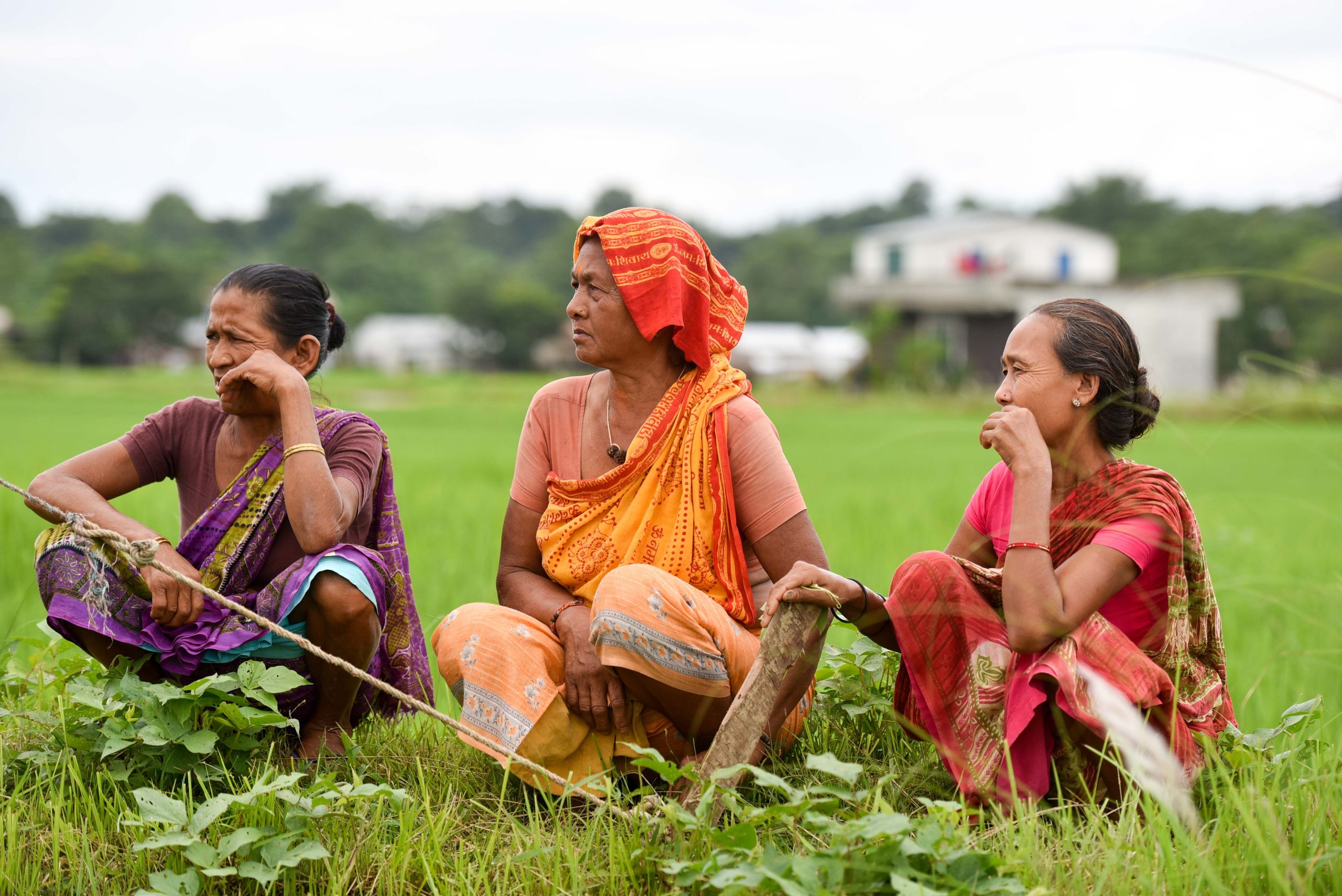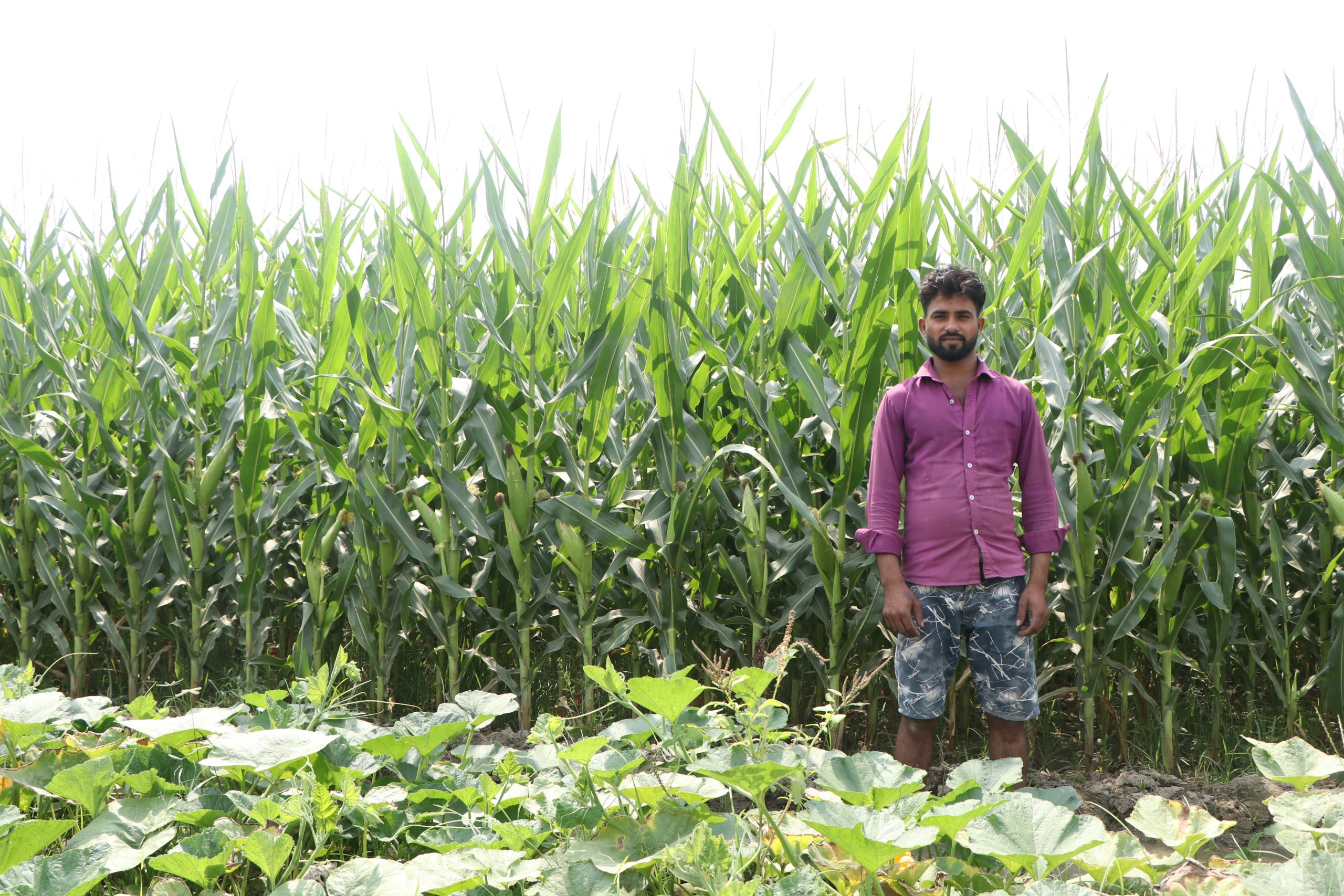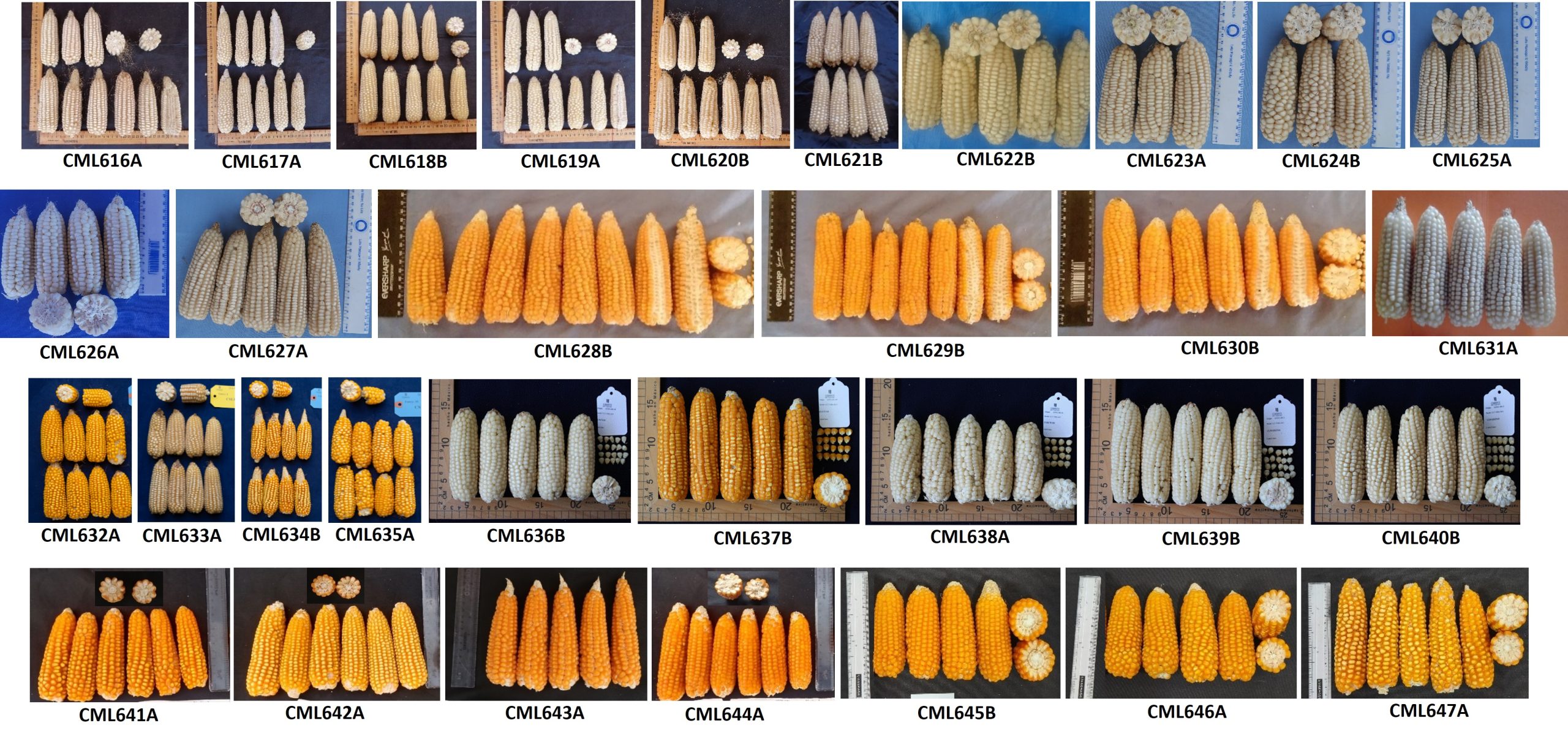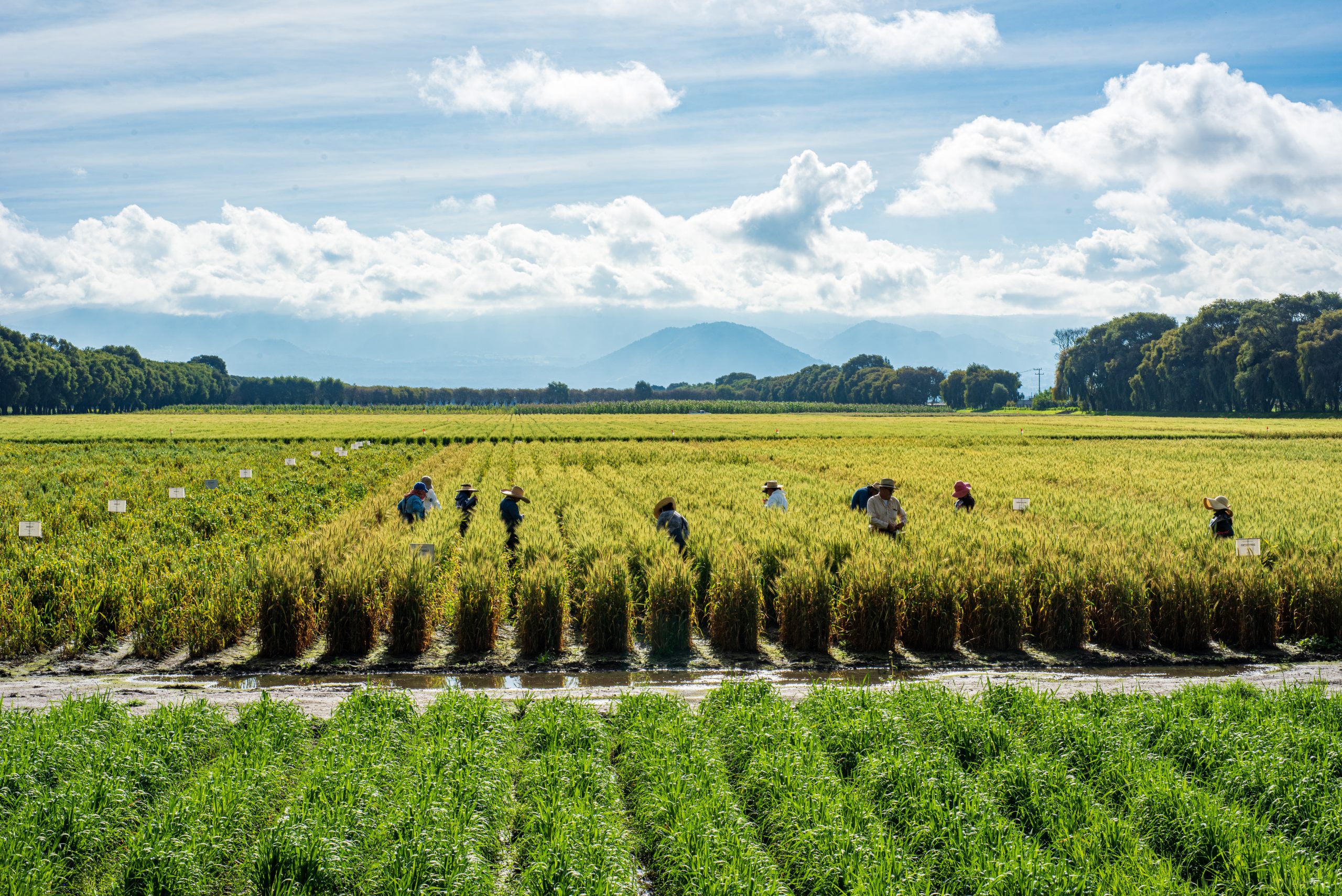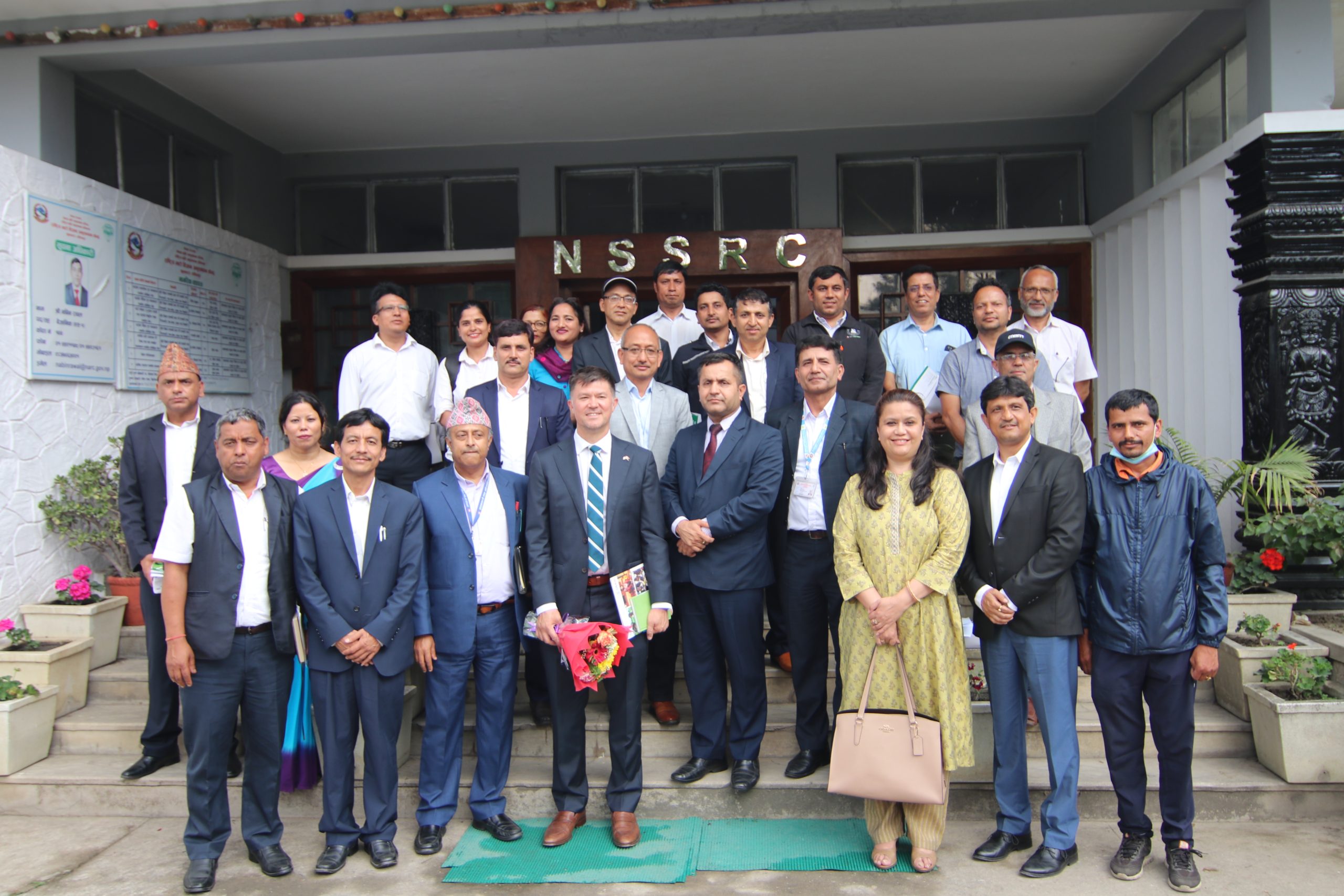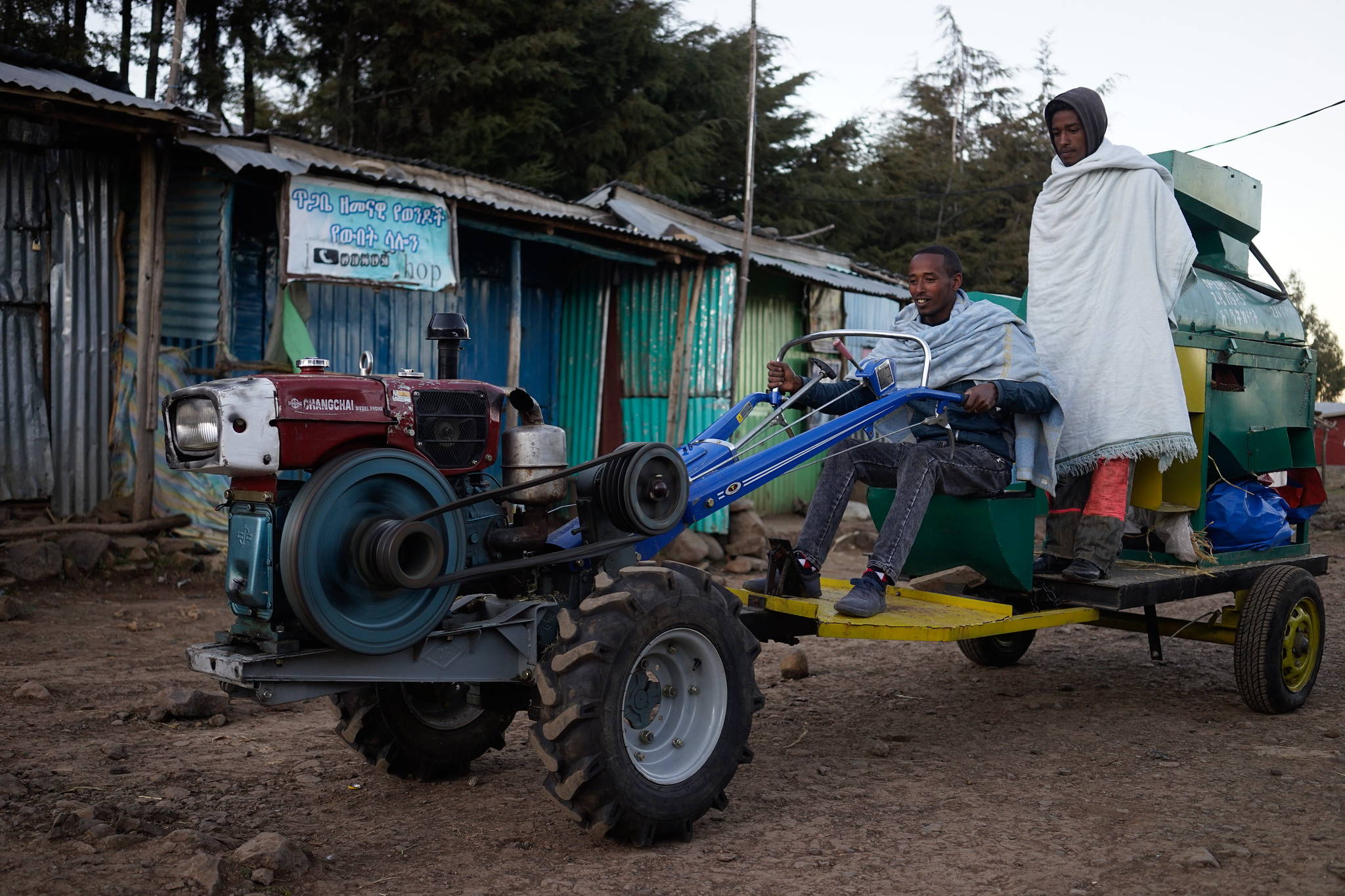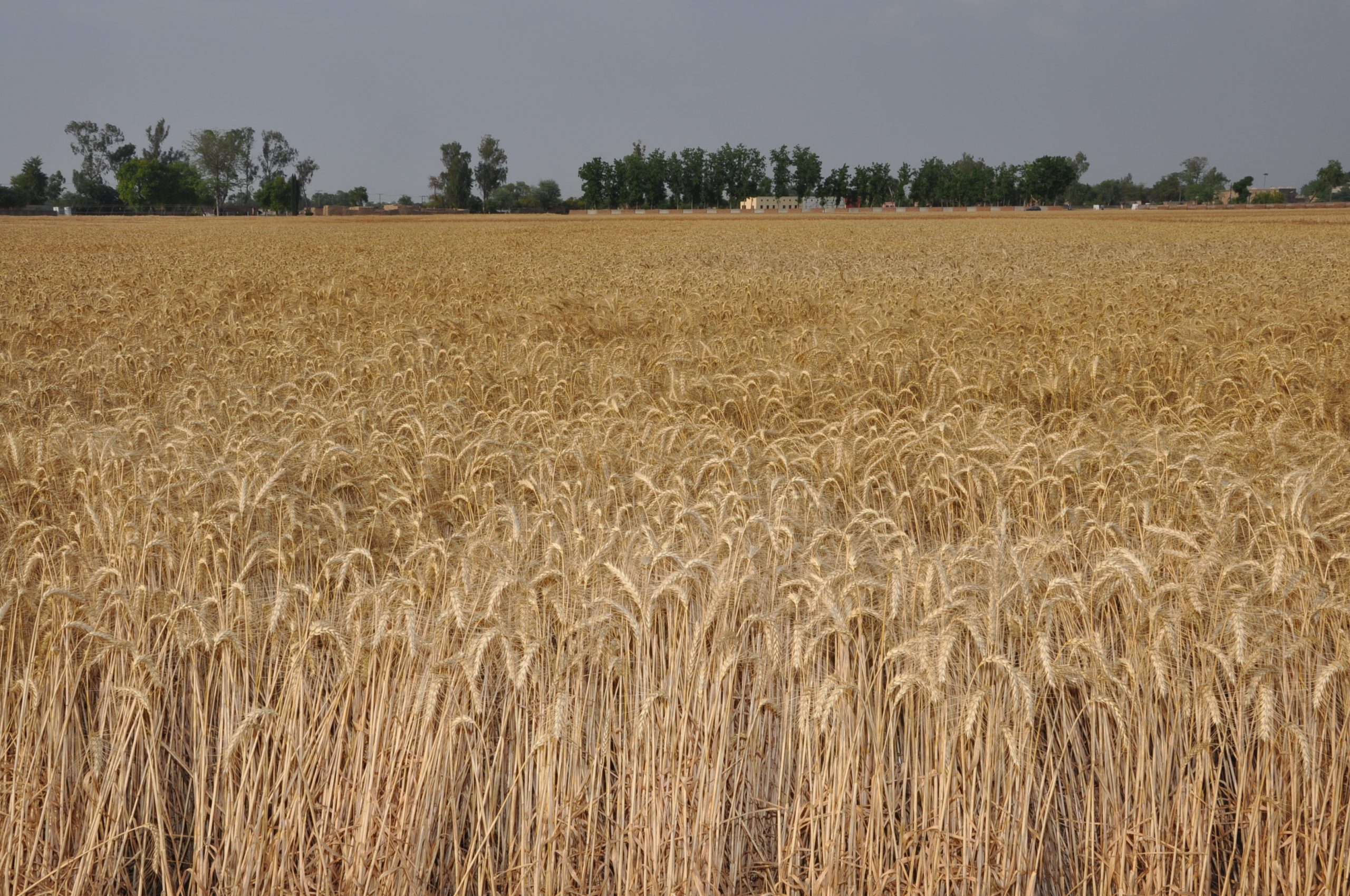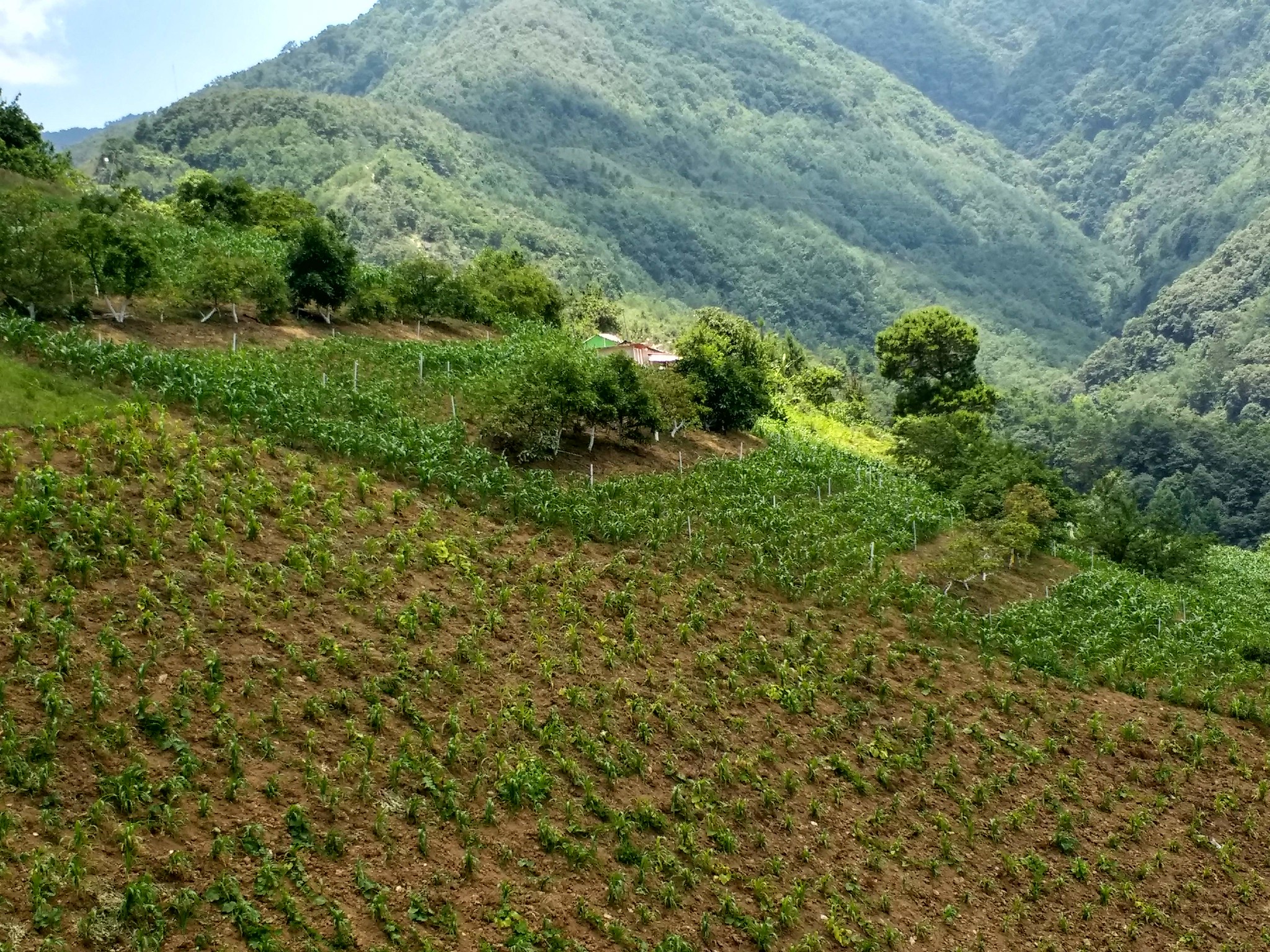Asia
As a fast growing region with increasing challenges for smallholder farmers, Asia is a key target region for CIMMYT. CIMMYT’s work stretches from Central Asia to southern China and incorporates system-wide approaches to improve wheat and maize productivity and deliver quality seed to areas with high rates of child malnutrition. Activities involve national and regional local organizations to facilitate greater adoption of new technologies by farmers and benefit from close partnerships with farmer associations and agricultural extension agents.
A new Climate Adaptation Atlas to safeguard South Asian agriculture
 Climate adaptation and mitigation
Climate adaptation and mitigation
Hard work pays off
 Gender equality, youth and social inclusion
Gender equality, youth and social inclusion
Young Nepalese farmers look towards prosperous futures in agriculture.
CIMMYT releases 32 new elite maize lines
 Innovations
Innovations
CIMMYT maize lines CML616A to CML647A have diverse trait combinations and are suitable for tropical/subtropical maize production environments.
Government of Nepal adopts new fertilizer recommendations
 Environmental health and biodiversity
Environmental health and biodiversity
Nepal announces new fertilizer recommendations adapted to local soils for increased crop productivity, income generation, and efficient fertilizer use.
What’s the link between two-wheel tractors and elephants?
 Innovations
Innovations
In a recent report, CIMMYT scientists examine trade-offs between labor and biodiversity.
Evaluation and Planning Workshop on Transforming Agrifood Systems in South Asia (TAFSSA)
 Capacity development
Capacity development
Through its work in South Asia, TAFSSA contributes to developing more sustainable and equitable agrifood systems for smallholder farmers in the region.
Pakistan can be self-sufficient in wheat, says agency
 Capacity development
Capacity development
Source: Dawn ()
CIMMYT efforts are moving Pakistan closer to its goal of improving food and nutrition security through wheat production, with the release of 31 wheat varieties since 2021.
Country moving forward from wheat importer to self-sufficiency
 Innovations
Innovations
The release of 31 wheat varieties brings Pakistan closer to self-suffiency in wheat production.
Scientists urge shifting more nitrogen to low-input farms and better use on high-yield farms
 Environmental health and biodiversity
Environmental health and biodiversity
Improving the distribution and use of nitrogen fertilizer — skewed by price hikes and outdated subsidies — can raise maize, wheat, and rice production in Africa and South Asia, while saving on fertilizer and addressing both food security and climate crisis concerns, a new study finds.
An Example of International Cooperation: China and CIMMYT
 Innovations
Innovations
Source: Science and Technology Daily (29 Jun 2023)
Awais Rasheed, an adjunct scientist at the International Maize and Wheat Improvement Center (CIMMYT), recently spoke to Science and Technology Daily about his pleasant experience working in China and the importance of international cooperation to address the global food security crisis.
Climate change to reduce Africa, South Asia wheat output
 Climate adaptation and mitigation
Climate adaptation and mitigation
Source: World-Grain.com (26 Jun 2023)
DSSAT wheat models showcase the impact of temperature, heat stress, water balance and drought stress in large wheat yield reductions due to climate change for Africa and South Asia.
Pakistan’s wheat yield may decline 16pc due to climate change
 Capacity development
Capacity development
Source: Dawn (25 Jun 2023)
The wheat simulation models have been widely used to study diverse cropping systems, as growing conditions and the impact of climate change on wheat vary across the globe. Simulations for South Asian countries suggested a different magnitude of climate change impacts, particularly due to warmer temperatures.
